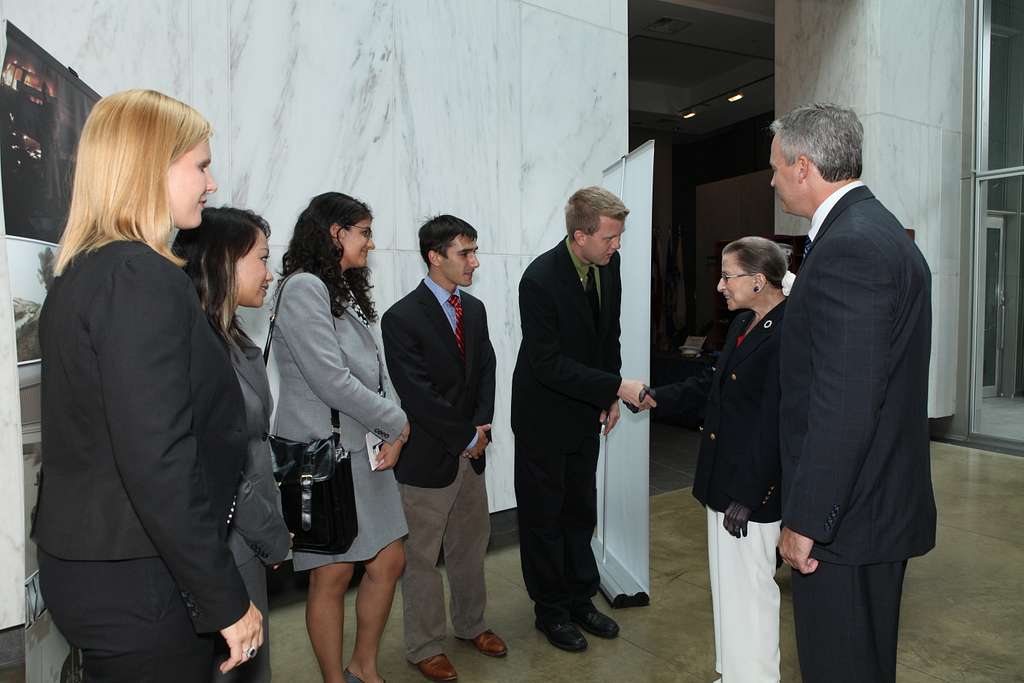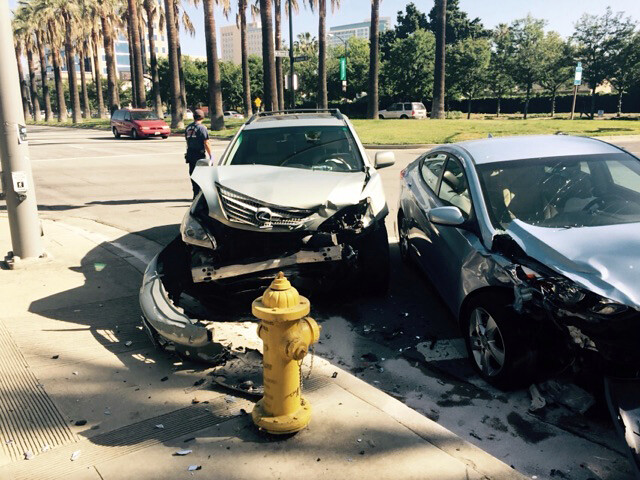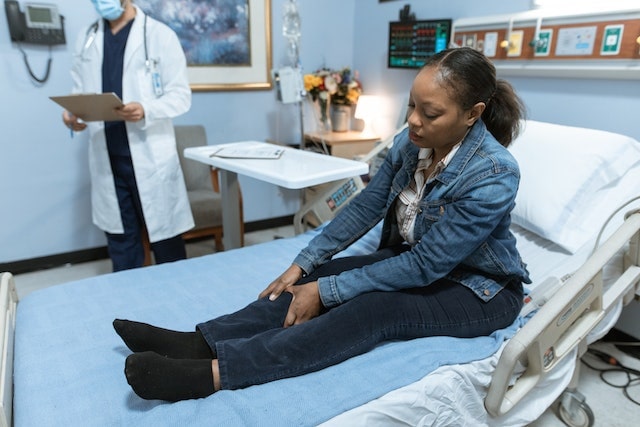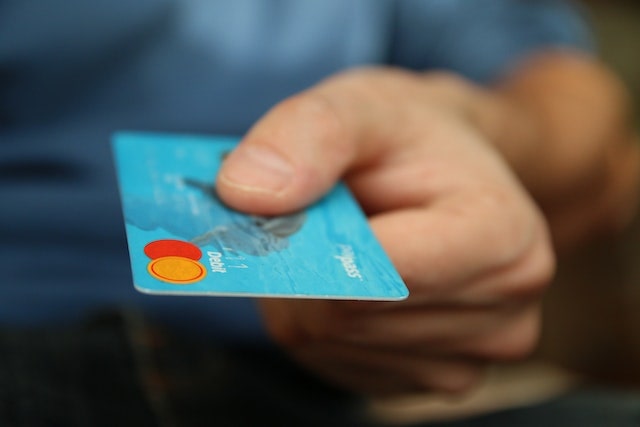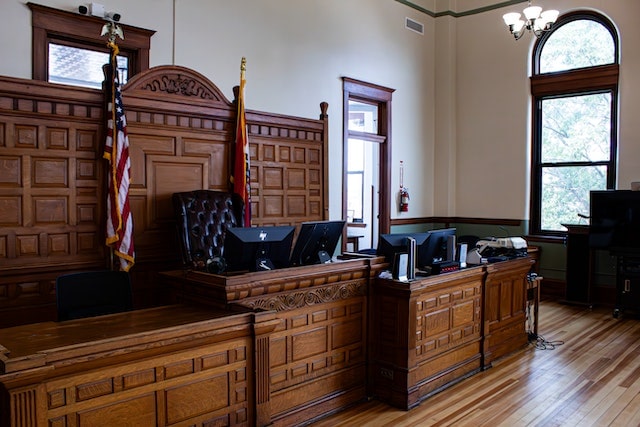Triangle R, Inc. v Clarendon Ins. Co., 2010 NY Slip Op 52159(U)(App. Term 2d Dept. 2010)
In a case that appears to go against the grain of 65-3.6(b), the Appellate Term observed, and I suspect properly (but see my thoughts below) the following:
“Contrary to plaintiff’s contention, the fact [*2]that copies of the verification requests, which were sent to plaintiff’s assignor, were sent to the wrong address does not render the verification requests a nullity since the requested verification was sought from plaintiff (see Insurance Department Regulations [11 NYCRR] § 65-3.5 [c]; § 65-3.6 [b]”
65-3.6(b) says the following: “Verification requests. At a minimum, if any requested verifications has not been supplied to the insurer 30 calendar days after the original request, the insurer shall, within 10 calendar days, follow up with the party from whom the verification was requested, either by telephone call, properly documented in the file, or by mail. At the same time the insurer shall inform the applicant and such person’s attorney of the reason(s) why the claim is delayed by identifying in writing the missing verification and the party from whom it was requested.”
The above being said, there is no reason in an assigned claim why the assignor or his attorney needs to be on notice of any outstanding verification requests seeking information from someone other than the assignor. The provider, through accepting an assignment, has relinquished its right to hold the assignor responsible for the cost of the medical services unless the assignor himself breaches a policy condition.
In the situation where an assignor does not treat on an assignment or treats through an authorization, the logic of this case would be wanting, however, since the injured person would be liable to the provider for the services for which no-fault would not reimburse him. In essence, the injured person, in this paradigm, would need to demonstrate the provider’s compliance with the verification request or a reason for the invalidity of the verification request, in order to prevail in a direct first-party action or arbitration against the provider.





